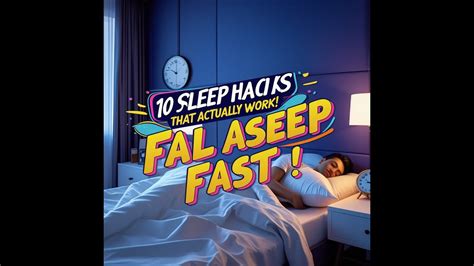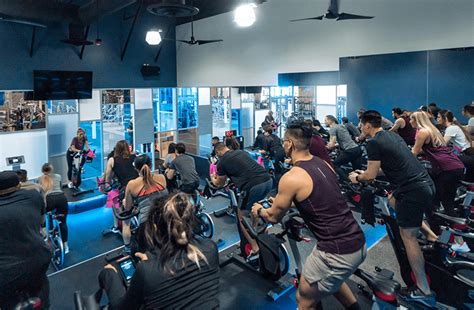10+ Sleep Hacks For Shift Workers Tonight

The life of a shift worker can be a challenging one, especially when it comes to getting a good night’s sleep. With irregular schedules and rotating shifts, it’s easy to fall into a pattern of sleep deprivation, which can impact not only your physical and mental health but also your job performance and overall quality of life. However, there are ways to improve your sleep, even on the most demanding schedules. Here are 10+ sleep hacks tailored specifically for shift workers to help you catch those precious z’s tonight.
1. Establish a Sleep-Conducive Environment
Transform your bedroom into a sleep haven. This means ensuring the room is dark, quiet, and cool. Invest in blackout curtains, earplugs, or a white noise machine if necessary. A comfortable mattress and pillows are also indispensable for a good night’s sleep.
2. Stick to a Sleep Schedule
As much as possible, try to maintain a regular sleep schedule, even on your days off. This helps your body’s internal clock (circadian rhythm) to stay in sync, making it easier to fall asleep and stay asleep when you need to.
3. Use Light to Your Advantage
Exposure to natural light can help regulate your circadian rhythms. If you work nights, try to get some morning sunlight exposure after your shift to help your body adjust. On the other hand, if you’re about to go to bed, ensure your bedroom is dark to produce melatonin, the sleep hormone.
4. Caffeine and Shift Work
While caffeine can be a helpful stimulant during long shifts, consume it wisely. Avoid caffeine for at least 4-6 hours before bedtime, as it can interfere with your ability to fall asleep.
5. The Power of Naps
Napping can be beneficial for shift workers, but it’s essential to do it correctly. Keep naps short (20-30 minutes) and avoid napping close to your bedtime, as it can disrupt your nighttime sleep.
6. Stay Active, But Not Before Bed
Regular physical activity can help improve sleep quality, but avoid vigorous exercise within a few hours of bedtime, as it can stimulate your body and brain, making it harder to fall asleep.
7. Mind Your Diet
Avoid heavy meals close to bedtime and opt for a balanced diet rich in fruits, vegetables, and whole grains. Some foods, such as those containing tryptophan (e.g., turkey, fish), can promote better sleep.
8. Limit Screen Time Before Bed
The blue light emitted by smartphones, tablets, and computers can suppress melatonin production, making it harder to fall asleep. Use blue light filtering glasses, apps, or software, or simply avoid screens for at least an hour before bedtime.
9. Manage Stress
Stress and anxiety can significantly impact sleep quality. Engage in stress-reducing activities, such as meditation, yoga, or deep breathing exercises, especially before bed.
10. Sleep Supplements
Consider taking sleep-promoting supplements like melatonin, but always consult with a healthcare professional first. They can help you understand the appropriate dosage and potential interactions with other medications.
11. Communicate with Your Family and Friends
Let your loved ones know your work schedule and sleep times so they can support you by minimizing noise and disturbances during your sleep hours.
12. Professional Help
If you continue to struggle with sleep despite trying these hacks, don’t hesitate to seek help from a healthcare professional. They can provide personalized advice or treatment options for sleep disorders.
How can I quickly adjust to a new shift at work?
+To quickly adjust to a new shift, try to gradually adjust your sleep schedule a few days before the change. Exposure to bright light at the right times (e.g., morning light for day shifts, evening light for night shifts) can also help your body adjust faster.
What's the best way to deal with sleepiness during long shifts?
+Stay hydrated by drinking plenty of water, and take short breaks to move around or stretch. A short walk outside during your break can also help increase alertness. Limit caffeine intake and avoid heavy meals that can make you feel lethargic.
Can shift work affect my overall health?
+Yes, long-term shift work, especially night shifts, has been linked to various health issues, including sleep disorders, cardiovascular disease, diabetes, and certain types of cancer. It's crucial to follow healthy lifestyle habits, including a balanced diet, regular exercise, and adequate sleep, to mitigate these risks.
In conclusion, while shift work presents unique sleep challenges, employing these strategies can significantly improve the quality of your sleep and, by extension, your overall well-being. Remember, it’s all about finding a balance that works for you and your lifestyle, and don’t hesitate to seek professional help if you continue to struggle with sleep. With the right approach, even the most demanding schedules can be managed with a rested and refreshed mindset.



